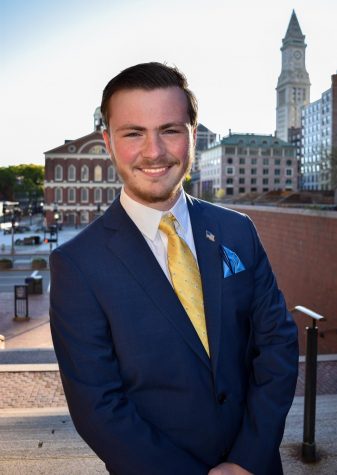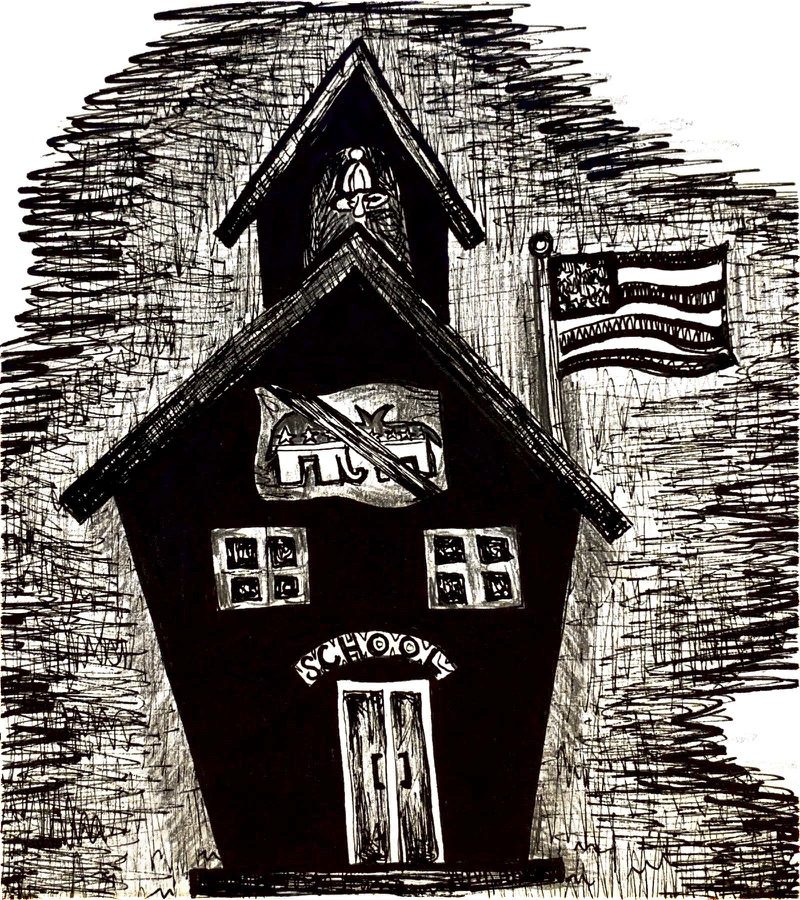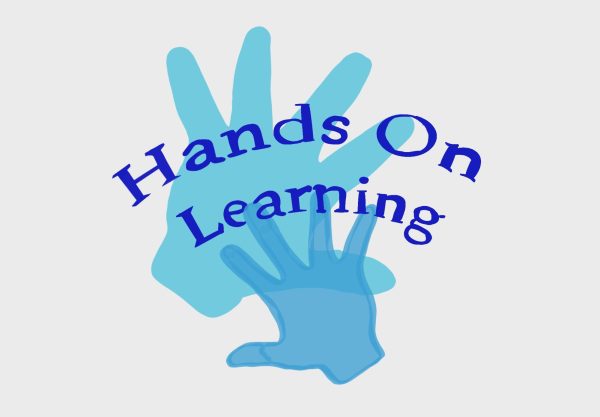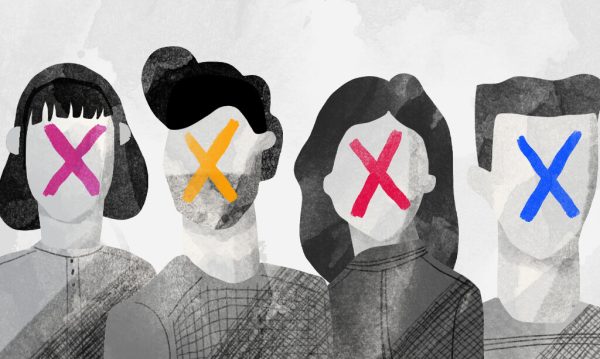Politics should not be avoided in classroom discussions
Free Speech is a constitutional right, not a privilege that schools can dictate
“We are not going to discuss that here.” This is one of the most typical lines used to steer students away from having healthy political discussions in a classroom environment. By shutting down political discussions, administrators may believe that they are fostering a safe learning environment for all students. However, this is all but true. With the upcoming Presidential Election in 2020, students and administration alike must be reminded that as a public school, we must recognize the First Amendment. As seen in the Constitution, it reads, “Congress shall make no law respecting an establishment of religion, or prohibiting the free exercise thereof; or abridging the freedom of speech…” The First Amendment, and it’s relevance to students emphasizes the ability of the student body to speak freely without repercussions.
Political discussions—as long as they do not get in the way of the school atmosphere—are permitted by Walpole High School. As stated in the Student Parent Handbook, “Students may exercise their constitutionally protected right of free speech and assembly as long as they do not interfere with the operations of the regular school program.”
Free speech for students is not a new concept by any means. In the 1960s, the United States was in the heat of the Vietnam War, and the country was torn. Many believed that the United States should have stayed out of the war, while others believed that it was the obligation of the United States to go to war. Many pacifists who were opposed to the war believed it was their duty to express their opinions regarding the war. One eighth-grade student, Mary Beth Tinker, and her friends, decided to protest the Vietnam War by wearing a black armband to their school. The students were asked to remove the bands, but they refused, and some were suspended. Tinker knew that this was fundamentally wrong, and took the school to the Supreme Court, where the Court ruled in favor of Tinker.
With this being said, why do administration and students feel that they have to right to shut political discussions down in the learning atmosphere? It is prohibited to silence free speech of students or faculty in the Student Parent Handbook. As seen in the Handbook, “School Regulations regarding student speech and/or other forms of communication prohibit […] [s]peech that violates the rights of other persons.” If a student were to state or proclaim their political opinions, neither staff or peers can silence one’s opinion. For anyone to suggest otherwise is an infringement on the rights of the individual, and is fundamentally wrong.
In order to maintain respect for one another, it is essential that both students and faculty learn how to respect the views of those who may disagree. Simply reducing the opinions of others to a prejudiced opinion, or hurling names because of their opinions is not productive. There are many ways this problem could be changed, like encouraging conversation with whom those disagreements are shared with, in order to gain a deeper understanding of why a person may have certain political opinions. Politics require a level of understanding not required by other subjects, and discussions help to deepen this understanding. Instead of shutting down speech, faculty and students should encourage respectful, civilized debate. Many colleges in the United States have decided to host events on their campuses promoting free speech. For example, after the 2016 Presidential Election, Dan Rea of WBZ’s “Nightside with Dan Rea,” hosted a political event at Regis College called “Dehate the Debate.” The event went very smoothly, and promoted free speech, while also teaching others that it is acceptable to disagree. Unfortunately, many colleges in the United States host events that do not go so well. For example, the University of California: Berkeley hosted an event at which Milo Yiannopoulos spoke and drew quite a large crowd of both supporters and protesters. Protestors of Yiannopoulos decided to throw a massive counter-demonstration, chucking smoke bombs and flares into crowds around the Student Union building where Yiannopoulos was scheduled to speak. As a result, UC Berkeley cancelled this event. Milo Yiannopoulos is a gay Jewish man married to a black man, and the left side of the political spectrum is somehow convinced that he is on the so-called “alt-right.” The students at UC Berkeley shut out his opinion because they disagreed with him, instead of hearing him out in a civil manner, like all Americans should.
It would be in WHS’s best interest to facilitate free speech. High schoolers are stereotypically uninterested in politics, but it is absolutely necessary to understand that school is supposed to prepare us for the real world. However, unfortunately, school fails to prepare us for the real world, as students will remain uninterested in politics by age 18 if they do not learn about them or learn to discuss them when they are in school.
In conclusion, it is important that, as a school, we recognize our right to vocalize our opiniom—political or not—and also encourage healthy political discussion, as it is the only way that we will become educated voters and informed citizens.

Harry Murphy, Class of 2021, is a staff writer for The Searchlight. At School, Harry runs Cross Country, Winter Track, and Spring Track. Outside of school,...












Sissy. Iavattone • Oct 19, 2019 at 11:48 pm
Nicely written Harry and I could not agree more!
Dianna Jones • Oct 17, 2019 at 7:46 pm
Excellent article Harry! Good job.